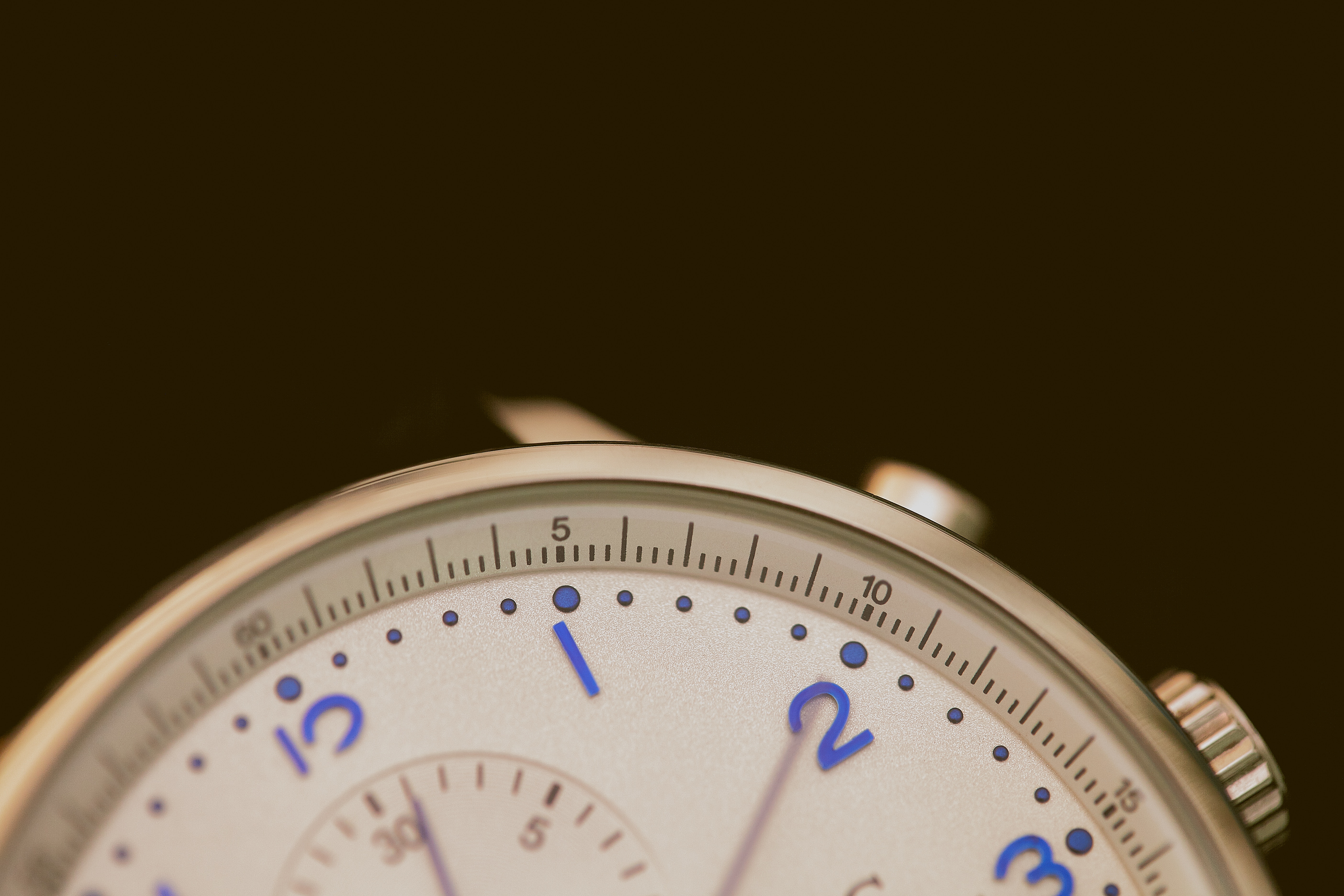In 2007, when I was still pondering over what to do with the rest of my life, I was encouraged by family to become a resident of Manchester Metropolitan University’s business incubator.
At the time it was called Innospace and based near the coach station in the centre of the city centre. Although the space was pretty basic, the support was great, networking with other small exciting businesses was unavoidable and the rent was almost zero.
Fast forward ten years and after occasionally keeping in touch with the team who kept Innospace ticking over, I decided it was time to give something back for all the support I was given when first finding my feet in business.
So for a few years now I’ve been speaking to MMU business school students about my story and how I’ve managed to enjoy working for myself and running my own companies for so long. The first couple of years of talks I stuck to my own experiences and failings. In the last couple of years I’ve broadened my presentations to be about specific learnings or recommendations. Life skills and awareness. What a student’s expectations should be and what abilities they should nurture to support their own journey.
This year I’ve stepped my support up again. I’ve squeezed in two talks to students and also taken part in the yearly dragons’ den event.
My first talk was called “Doing Less”. As the title suggests it is about creating a successful business without burning yourself out. Retirement in its current form is unlikely to exist when these people reach retirement age, and a more balanced life, with flexibility, quality of life, and treating money as a tool rather than a target is required.
The second was on bootstrapping a business. Only a small percentage of new businesses are funded by banks and investors. This talk is about the opportunities, limitations, pitfalls and benefits of starting with nothing and building a business yourself.
The dragons’ den final was a pleasure to be a part of. Hosted at BManchester—a new banking concept from the group which includes Yorkshire Bank—on Market Street Manchester, it was a modern and relaxed feeling with various experienced and insightful judges at my side.
The 7 teams offered a range of business ideas. The quality of business strategy and presentation was high, and the judging was tough.
We finally agreed upon two highly commended businesses and a winner. We also commended three individuals on various aspects of their approach to the process.
I’ve enjoyed all aspects of the support I’ve been able to offer MMU in 2019. I see it as a personal responsibility to give back to those who’ve supported me, and to offer insight and knowledge which helps Manchester to continue to encourage small businesses to be founded and thrive.
I’m looking forward to supporting MMU again next year, and other institutions and organisations in the near future.

